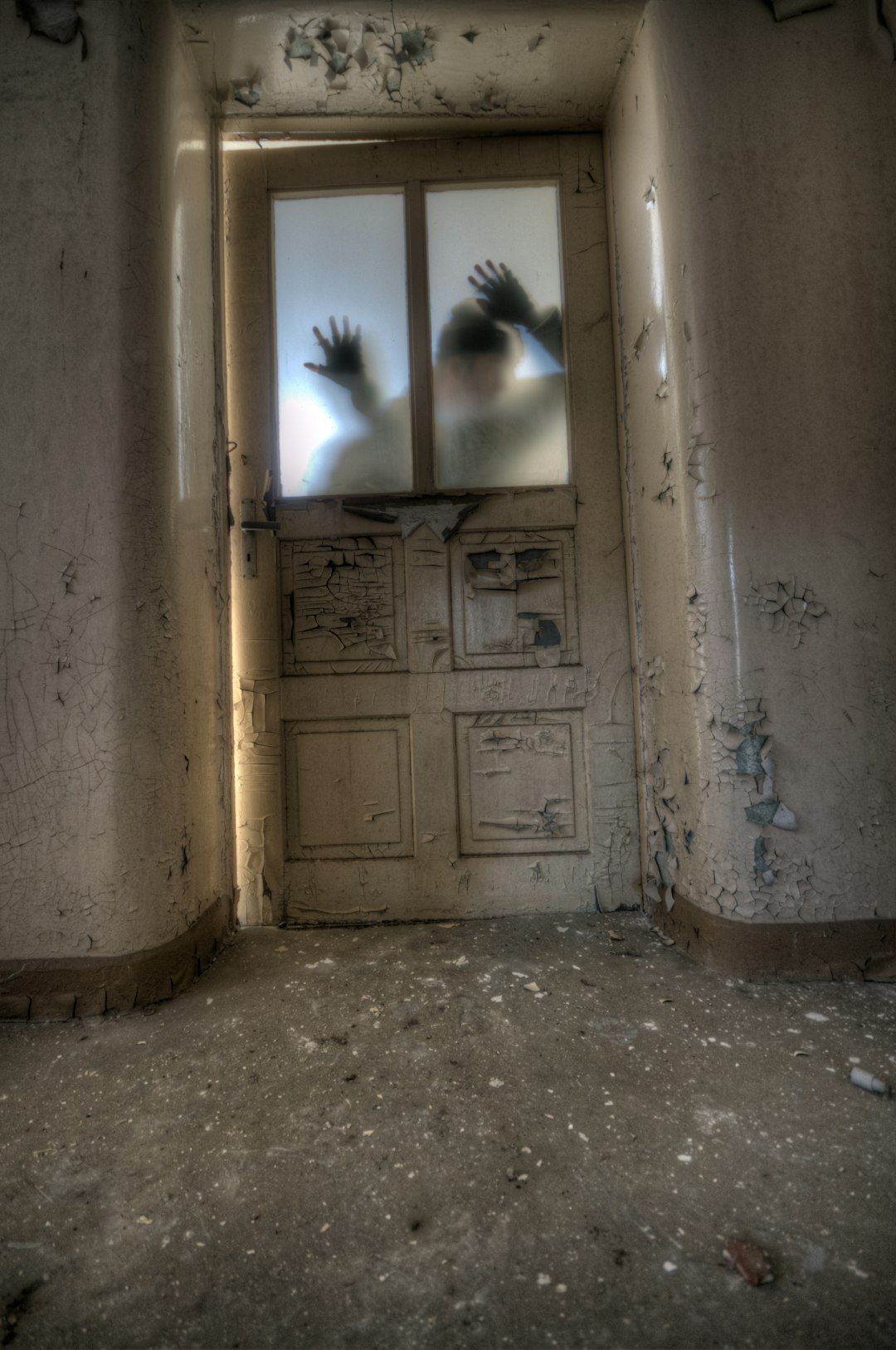The Zombie Multiverse
Must...eat...brains

Zombies are everywhere. From video games, to books, to tv shows, to movies, to movies based on books, and now tv shows based on video games, you’d think the zombie genre would have been played out by now. On the contrary, there are now sub-genres of zombie fiction. There are slow zombies, fast zombies, and zombie parodies. The “zombie apocalypse” subgenre, where zombies are taking over the entire world, is the current flavor of the week. Zombie mania is here, and growing (like a pandemic).
Despite their current popularity, zombies are a relatively new creation. The word zombie is taken from Haitian folklore, in which witchcraft is used to reanimate a corpse. The idea has been along for who knows how long. But the original zombie film is generally considered to be George Romero’s 1968 film The Night of the Living Dead. The Night of the Living Dead resulted in the first zombie craze in the 1970s, but the genre began to whither during the 1990s. Then, in 2002, the film 28 Days Later rebooted the style and introduced fast zombies. Ever since there has been a steady stream of zombie media, with HBO’s The Last of Us currently generating a lot of buzz.
It would be easy to place zombie fiction in the same category as vampires, werewolves, and other monsters of the night. However, zombie stories are unique in that they don’t take place on Earth, or at least Earth as we know it. Most of the time they take place in a parallel universe or an alternate reality.
How is the typical zombie reality different from our reality? It seems like most zombie stories have current countries, technologies, and sometimes even pop culture references. Most zombie stories are in a place like our Earth, with one big exception. They exist in an alternate reality where zombies do not exist. This is the zombie multiverse. In this parallel reality, people behave just like normal people on Earth, except they have no clue what zombies are.
Even the word “zombie” is rarely heard in zombie media. In fact, some of the creators of the most famous zombie stories around don’t even consider their zombie stories to be zombie stories. George Romero originally called his creatures from the Night of the Living Dead “ghouls” (although he did start later calling them zombies). The director of 28 Days Later, the movie that literally reinvigorated the zombie drama, doesn’t even consider his film to be a zombie movie. In the Last of Us, even saying the word “zombie” was banned from the set.
This is represented on screen as well. In the TV show The Walking Dead, characters called the undead “walkers”, “biters”, and “lurkers” but never zombies. The Last of Us calls the undead “infected”. But at no point does a character say, “These things are like zombies from the movies!” Instead, they behave as if they have never heard of a zombie. There are exceptions to this rule. In World War Z (both the excellent book and average movie) and Zombieland, an action-comedy, the undead are called zombies and characters are aware of the danger they pose. So if the title explicitly has “zombie” in it, then the characters in that fictional world will know what is taking over the planet. Otherwise, they have no idea what is going on.
The only reasonable explanation for this is that most zombie stories take place on a Planet Earth in an alternate reality where George Romero never made Night of the Living Dead. Where Haitian folklore doesn’t include witchcraft reanimating corpses. Instead, most zombie media takes place on an Earth that is exactly like our earth but doesn’t have any zombie fiction.
This sets zombies apart from other monster movies. In movies with aliens, characters know what aliens are. They read books about aliens and reference UFOs. Clearly they are aware of alien fiction. In vampire movies, characters understand what vampires are, which is why a journalist wants to interview one in Interview with the Vampire. Characters in vampire movies don’t need to be told vampires drink blood and only go out at night. People in werewolf movies (another genre that needs to make comeback), know what werewolves are and know werewolves transform during the full moon.
Why does zombie fiction generally exist in a world where there’s no such thing as zombie fiction? My best guess is this is done to create dramatic tension during the beginning of a zombie outbreak when characters just stand there stupefied as they are ripped to bits. It also creates tension as characters want to save their undead friends and family and convince themselves a cure is out there. If these characters were on actual Earth, they would recognize zombies for what they are immediately and start shooting immediately.
That said, it would be fun to have a traditional zombie movie take place in a world where the characters are aware of zombies and can skip all the “WHAT’S HAPPENING?!” craziness that takes place at the beginning of the outbreak. Until then, we are going to see how many alternate phrases writers can come up with instead of just calling zombies what they are, zombies.


